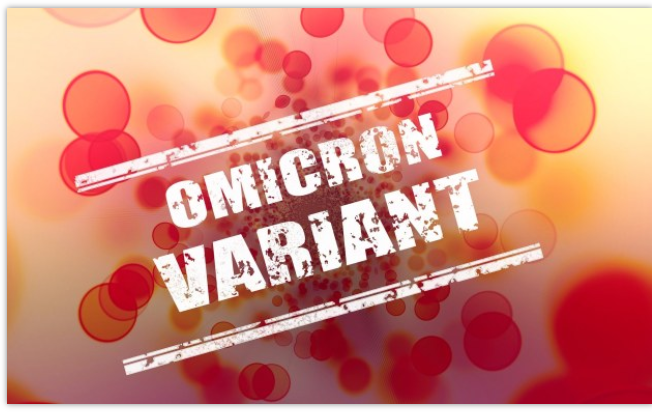The Pfizer vaccine against the coronavirus that causes Covid-19 provides less immunity to the Omicron variant than to other major versions of Covid-19, according to laboratory experiments in South Africa.
Bloomberg reports that the study indicated that a third dose might help stop the highly mutated strain.
Researchers at the Africa Health Research Institute in Durban, South Africa, found Omicron resulted in about a 40-fold reduction in levels of neutralising antibodies produced by people who had received two doses of the Pfizer-BioNTech, compared with resistance to the strain detected in China almost two years ago.
The loss of immune protection is “robust, but not complete,” Alex Sigal, head of research at the laboratory, is quoted as saying in an online presentation of the first reported experiments gauging the effectiveness of the vaccine against the new variant.
The study is a pre-print – meaning a study that is not yet peer reviewed but is released due to its importance, allAfrica’s Tami HultmanallAfrica’s Tami Hultman says.
The New York Times reports that the scientists said the results were somewhat worrisome, but no cause for panic.
While the data suggests that vaccinated people might be vulnerable to breakthrough infections with Omicron, vaccines stimulate a wide-ranging immune response that involves more than just antibodies. So these experiments offer an incomplete picture of how well the vaccine protects against hospitalization or death from Omicron, the New York Times says.
Alex Sigal, the virologist at the Africa Health Research Institute in Durban, South Africa, who led the research, said he and his colleagues had worked at breakneck speed over the past two weeks to grow the virus and then test antibodies against it. “If I don’t die from the virus, I’ll die of exhaustion,” he said.
The Omicron virus is spreading rapidly in South Africa and has appeared in dozens of countries around the world.
The All Africa
